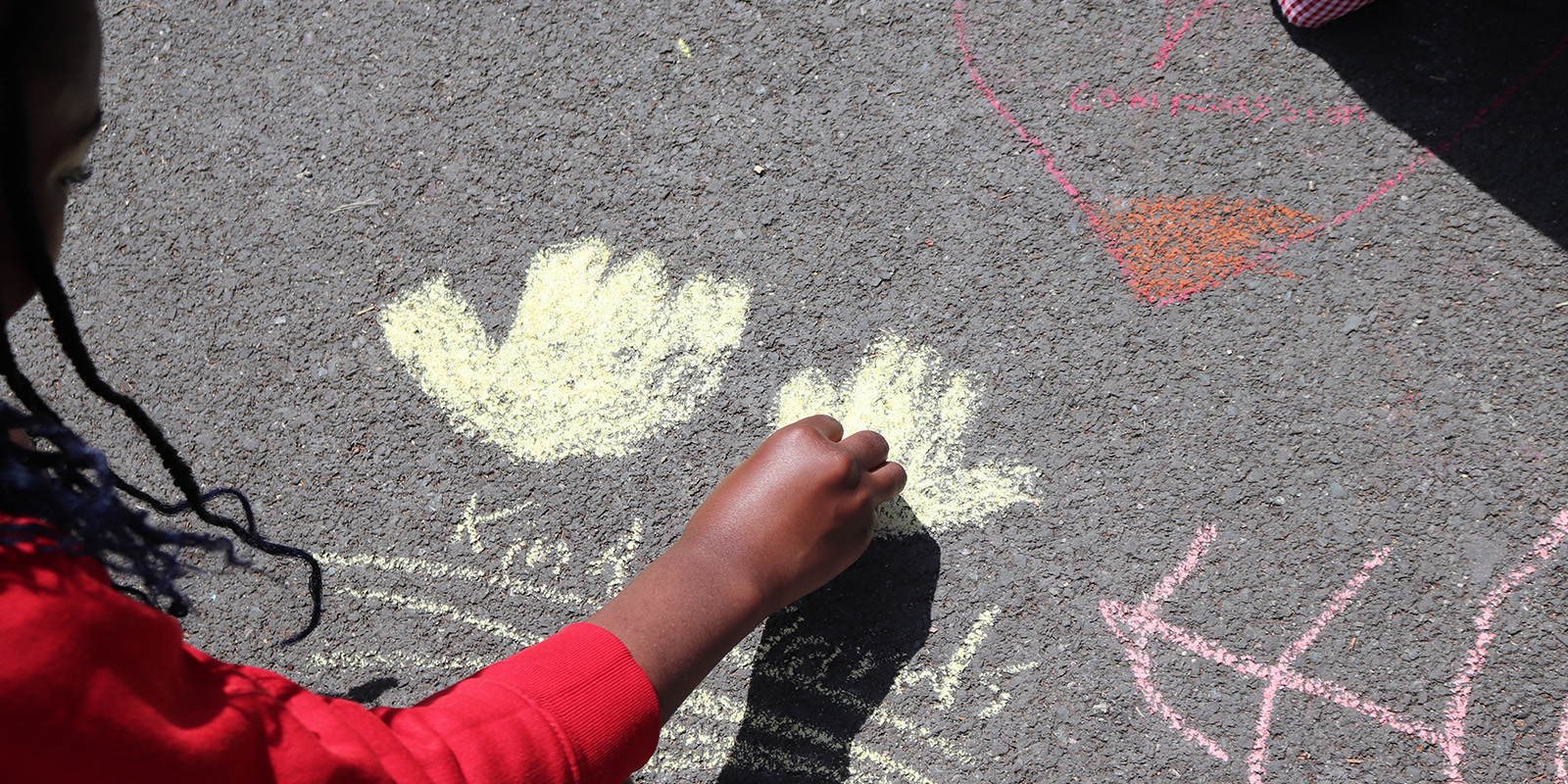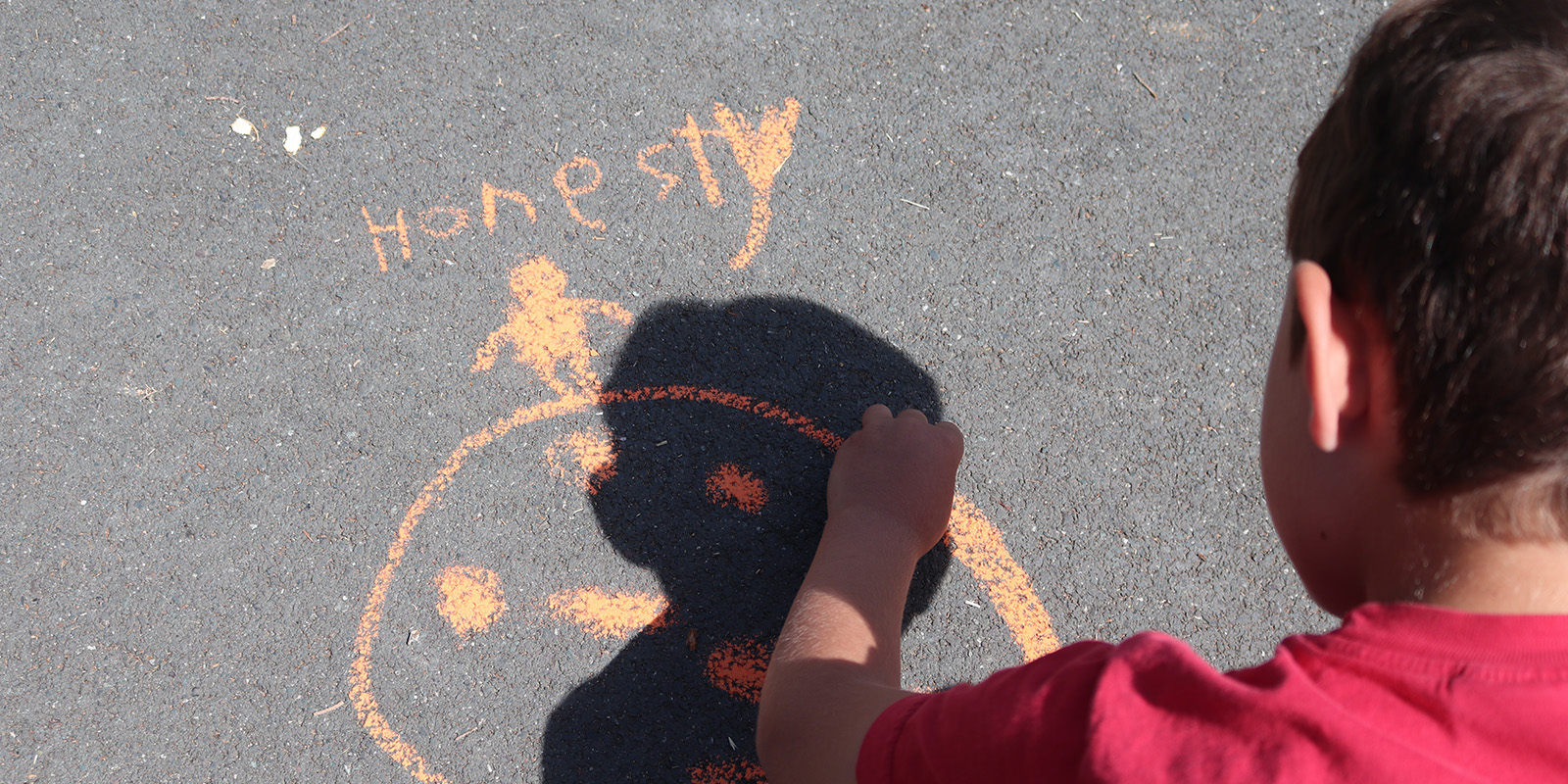Helping to support learning at home
We are passionate that Windmill Primary School is a school for the whole family, at the heart of the Raunds Community.
Children and young people learn in two worlds - home and school. The way these two connect and communicate makes a huge difference.
Children can achieve even more at school when their family and friends take an interest in the school and their school work.
Getting involved in your chil'd education, even in the simplesdt way, shows that you care about their school life.
It is never too early or too late to get involved and help your child develop a positive attiude towards learning.
Some ideas on how you can do this:
- Help teach them basic organisation skills and time management so they don't become overwhelmed with projects or homework
- Try to give encouragement and show appreciation of your child's achievements to help boost their confidence
- Let your child develop at their own pace and realistic in expectations
- Give feedback rather than criticism when it comes to their school work
- Rather than saying 'you got it wrong' use encouraging language such as 'that didn't seem to work'
And here are some tips to help you keep up to date with what's happening at school:
- Ask you child if theyhave any letters that have been sent home
- Read the weekly newsletter
- Look out for notices and posters for parents from Arbor and social media (Windmill Primary School's Facebook page)
- Try to make it to our fun events, like school fairs, and to parents’ evenings
- If you need any help or are worried about anything go and speak to a teacher - they will want to help
Some ideas of other ways you can help out of school
- Think about how you might introduce your child to a variety of interests so that they can find our what they enjoy
- Look into different ways you can learn together, visit interesting places, talk about things you've seen either on television or during your day
- Support reading by having books, magazines and newspapers around your home and let your child see you and other family members reading them
How to boost your child's confidence
- Encourage them to join after-school clubs and activities
- Tell your child how proud you are when they do well
- Let them hear you praising them to other people
- Talk together about their future and the kind of job they think they would enjoy
- Ask them to help you with things they are good at
- Help your child find someone they can look up to whether that be a celebrity, a relative or a friend
Out of school support
Often parents and carers like to introduce a variety of interests in and out of school too so that children have the opportunity to explore other interests that they enjoy. Learn together, do things together, visit interesting places, talk about things you’ve seen on television and encourage your child to ask questions. Support their reading development by having books, magazines and newspapers in the home and let your child see you and other family members reading them.
When a child comes home from school, they may be tired so try not to fire too many questions of your child as soon as they walk through the door. They may be weary or hungry and not feel like talking. Be available to listen later if they want to talk.
Thinking ahead
Education is more than just maths, English and science. your child’s talents lie in sport, art, music, drama, computers, or anything else, you can always help them aim high by boosting their confidence:
- Encourage them to join after-school clubs or activities.
- Tell your child how proud you are when they do well.
- Let them hear you praising them to other people.
- Talk together about their future and the kind of job they think they would enjoy.
- Ask them to help you with things they are good at.
- Help your child to find someone to look up to; a relative, friend or celebrity.
School and parents
Young people live and learn in two worlds – home and school. The way the two connect and communicate can make an enormous difference to how children learn to manage in both places. If teachers, parents and young people all trust, listen and talk to each other, the final goal of helping children learn and develop to their best ability is most likely to be achieved. You have a right to expect and ask for help.




